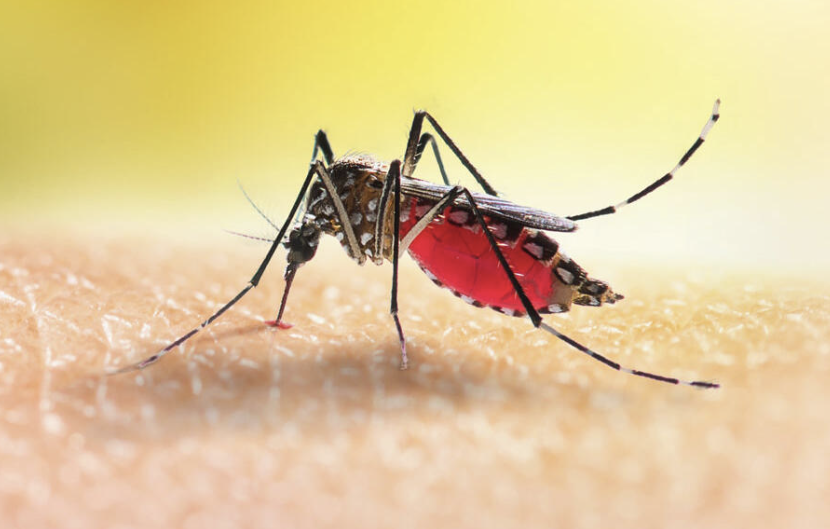Malaria remains one of the world’s deadliest infectious diseases, claiming more than half a million lives each year, particularly in Africa. The illness is mainly caused by the Plasmodium falciparum parasite, carried by mosquitoes. Once inside the human body, the parasite faces severe stress from high fevers, immune system attacks, and antimalarial drugs — yet it manages to survive. This resilience is thanks to an internal defence system built around “helper” molecules known as heat shock proteins.
A special group among these, called small heat shock proteins, act as the parasite’s last line of defence. These molecules protect other essential proteins from damage when conditions become extreme, such as during fever or drug exposure. Researchers are now exploring ways to disrupt these molecular bodyguards, effectively disarming the parasite rather than killing it outright.
In laboratory studies, scientists examined three small heat shock proteins from the parasite. Although they share a similar structure, they behave differently under stress — one being the strongest, another flexible but less stable, and the third the weakest. All three act as “molecular sponges,” preventing other proteins from clumping together, which is vital for the parasite’s survival during fever.
The research team then explored whether natural compounds could weaken these defences. They focused on quercetin, a plant-based flavonoid found in apples, onions, and berries. Quercetin, known for its antioxidant and anti-inflammatory effects, was found to destabilize the parasite’s small heat shock proteins, reducing their ability to protect other proteins. In laboratory cultures, quercetin also slowed the growth of malaria parasites, including strains resistant to standard drugs.
These promising findings suggest that quercetin, or modified versions of it, could serve as the foundation for a new class of antimalarial drugs. Such treatments would target the parasite’s stress-response machinery rather than its vital functions, providing an entirely new strategy to combat drug resistance.
Next steps include designing more potent, stable drug-like molecules that can precisely target these proteins without harming human cells. If successful, this approach could lead to innovative treatments that exploit the parasite’s weakest point—its dependence on heat shock proteins for survival. This breakthrough offers renewed hope for effective and long-lasting malaria control in the years ahead.

